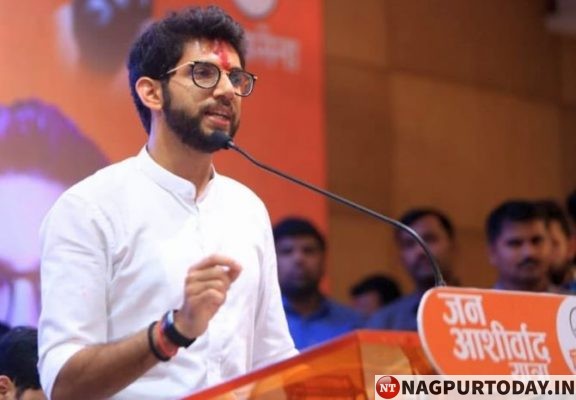
Mumbai : State Environment Minister Aaditya Thackeray has written to Minister of Environment, Forests and Climate Prakash Javadekar, expressing his reservations regarding the Draft EIA (Environment Impact Assessment) Notification.
Pointing out that the notification in its present form fails to align with the Paris agreement and poses a great threat to our goal of achieving sustainable growth, Mr Thackeray has said that several environmentally destructive activities such as coal prospecting, crushing and screening of ore, seismic surveys for oil and gas exploration, etc. are exempted from the draft EIA.
He has highlighted that National Parks and Wildlife sanctuaries are no longer safe, i.e. appraisal is no longer needed for some B2 category projects to which various hazardous industries (Red & Orange Industries) have been added.Mr Thackeray has said that the draft notification allows for granting of ex-post facto EC to project proponents who are in clear violation of the law (Clause 22), and is in direct conflict of protecting our environment.
The Draft EIA report will not be openly accessible to the public, but be made available only on written request and that too for electronic inspection at a notified place, during office hours.
Mr Thackeray has pointed out that the ecologically sensitive region of the Konkan, home to more than 28 million people will be adversely affected if projects are passed without extensive public deliberations. He has also turned the spotlight on the Western Ghats, listed in the world’s 8 ‘hottest hotspots’ of biological diversity, and has noted that a large part of the Ghats are Eco-Sensitive Areas (ESAs).
The draft EIA Notification however, narrows down the definitions of ESAs, effectively excluding villages, forests, wetlands and coasts.Mr Thackeray has also expressed concern over reducing the role of state governments in decisions related to environment, which could have direct consequences on environment protection efforts.
“The Draft EIA 2020 gives power to the Central Government to appoint State EIA Assessment Authorities. State Governments are more akin to environmental matters because they possess a better knowledge of ecological sensitivities of their local regions. Instead of decentralization, such centralization in environmental clearances would only lead to hurdles or clearances without taking into account the local issues. Therefore, reducing State Government’s control will have direct consequences on environment protection efforts,” he said.












